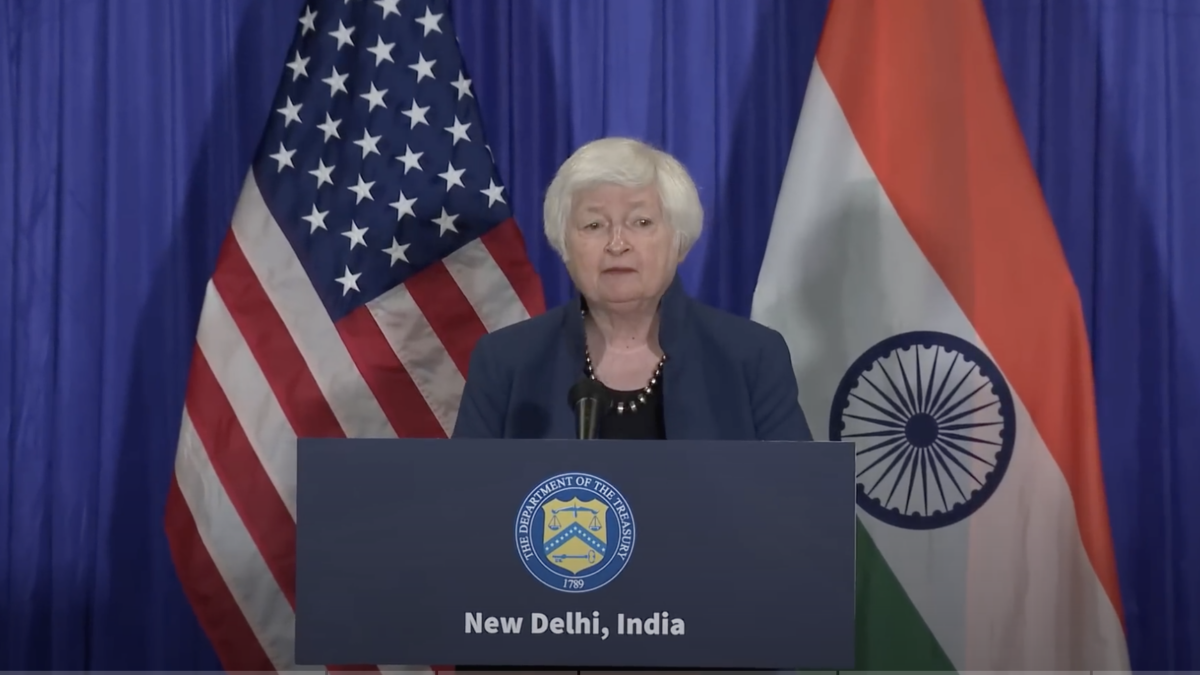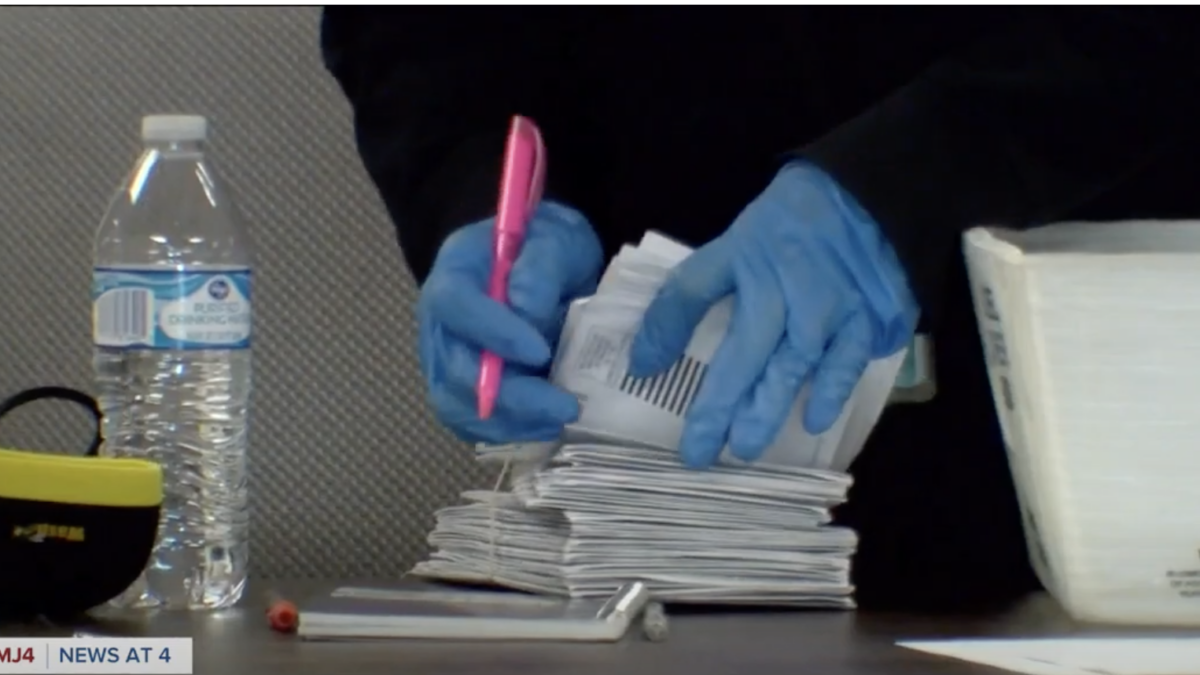It took a hot second, but even entities on the political left have begun to discover how Washington’s uncontrollable spending has made life worse for American families.
In recent weeks, both The New York Times and International Monetary Fund (IMF) — no raging conservatives — have analyzed how persistent budget deficits caused by Washington’s spending have exacerbated inflation woes. The moves suggest a solution underpinned by a return to basic common sense: namely, that if Washington finally gets its own fiscal house in order, families in the Heartland will have an easier job restoring order to theirs.
Deficits Underpinning Inflation
The Times reported on the IMF’s fiscal warnings about Washington’s borrowing. In its evaluation of the American economy, IMF noted that the budget deficit “is out of line with long-term fiscal sustainability” and adds about half a percentage point to the inflation rate.
The Times article also noted what I have reported on at The Federalist for months: the historically large size of our current budget deficits. Citing prior reports analyzing the primary budget deficit — that is, the budget deficit excluding the interest costs paid to finance prior years’ debt — the Times put in perspective the mess Washington has created:
When properly measured, the primary deficit last year was equal to about 5 percent of the economy’s annual output. Data from the nonpartisan Congressional Budget Office [CBO] suggest that it was the sixth-highest primary deficit of any year since 1962; the other five all came during, or immediately after, the pandemic or the 2008 financial crisis.
When The New York Times admits Washington’s spending is high even by Washington’s standards, that’s not good news for taxpayers.
Vicious and Virtuous Cycles
Another more recent CBO document complemented the IMF’s analysis by quantifying the effects of some basic economic factors on the budget deficit. Specifically, the CBO report analyzed the ways in which the four factors of slower productivity growth, slower labor force growth, higher interest rates, and higher inflation and interest rates would grow federal fiscal shortfalls.
In the report, the budget office found that, if inflation remains 0.1 percent higher than CBO’s baseline projections over the next 10 years, the deficit will be $263 billion higher than current projections. While federal revenues will go up because more people will be pushed into higher tax brackets (i.e., “bracket creep”), increases in mandatory spending (e.g., higher Social Security COLAs) and interest payments mean that, on net, the budget deficit will grow higher.
This CBO document suggests how Washington has created a vicious cycle for struggling families, not to mention the federal government as a whole:
- Deficits caused by overspending lead inflation to rise;
- The Federal Reserve has to raise interest rates to control inflation, making mortgages much less affordable for the middle class;
- Higher interest rate costs incurred by the federal government cause budget deficits to rise even higher.
Lather, rinse, repeat.
But if the last several years of massive spending and inflation have created a vicious cycle for families, they also provide a path to creating a virtuous cycle, by putting those policies into reverse. As Jason Furman, who chaired the Council of Economic Advisers under President Obama, told the Times, “to get people lower mortgage rates, to give businesses the ability to expand and invest and grow, we need to be bringing the deficit down.”
Big Debates Next Year
Ultimately, these trends will come to a head in the months after the November elections. The expiration of significant portions of the Trump tax relief package next year means Congress must address major questions regarding taxes and spending in 2025.
Ironically, Joe Biden has so increased spending, much of it without Congress’s express consent, that lawmakers next year could pay for permanent extensions of some or all of the Trump tax relief merely by negating Biden’s big spending measures. But even if (hopefully when) lawmakers take this step, they still must do more to get federal spending under control. When it comes to bringing down inflation and interest rates, the best way for families to regain control of their own budgets is for Washington to regain control of its budget.









